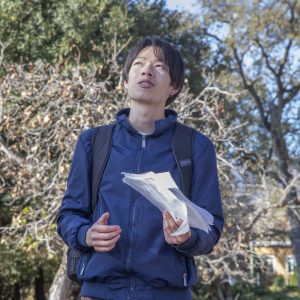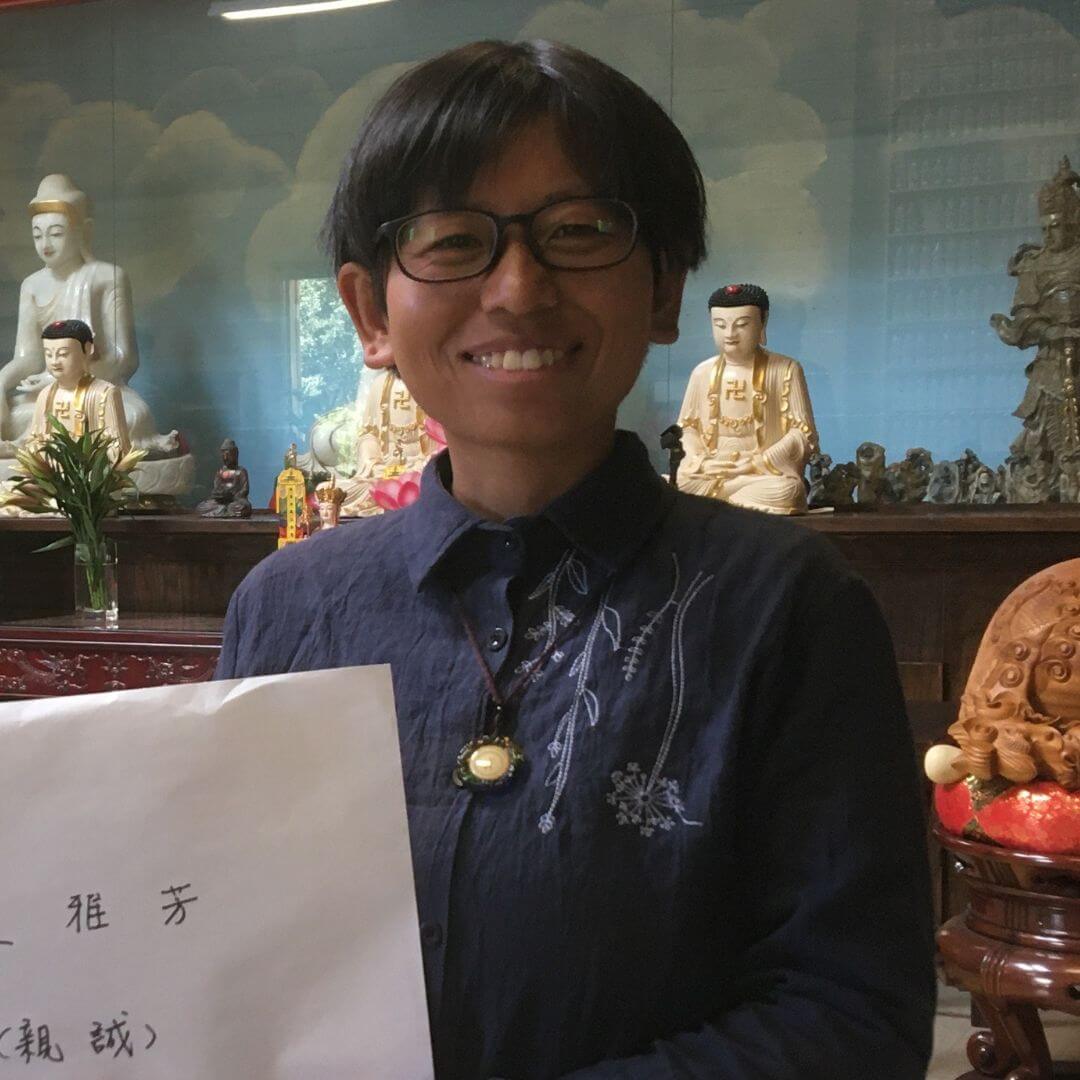
Hometown:
Santa Cruz, CA
What were you doing before DRBU?
Living at home, working part-time, and taking classes at the local community college.
Influential Class you’ve taken:
Rhetoric and Writing I. I learned about a depth to reading, writing, and speaking that I felt, but was never able to describe, until I read meta-texts on them. This was the class that introduced me to hermeneutics, which shed light on the beauty and intricacies behind communicating ideas to a reader.
Influential Book you’ve read:
Philosophy as a Way of Life by Pierre Hadot, a book that DRBU’s educational model draws inspiration from. I read it during the summer of my freshman year, and it has highly shaped the way I approach the text—don’t just read a book for information, read it for its transformative value.
Concept that blew my mind:
That we can think, speak, and act metaphorically—sometimes unconsciously so.
Challenges I faced:
Living away from my family for the first time in an unfamiliar environment.
How has DRBU changed me?
I have become more comfortable with discomfort. I’ve learned that it’s ok not to have an answer to everything, and that not-knowing may even be to my advantage.
What surprised you about DRBU?
The unconditional support I received from others.
Title of a recent paper:
“Archetypes of Knowledge: Lessons in Living through Plato and Foucault”
What is it about?
Contrasting two archetypes of knowledge: The “Good” in Plato’s Republic, and the web of relations in Foucault’s Archaeology of Knowledge and History of Sexuality. Plato describes a pre-existing archetype of knowing, in which the goal of learning is returning to the Good—a kind of universal and unchanging truth that makes reality intelligible for us. Foucualt, on the other hand, asserts that intelligibility does not originate in a pre-existing archetype like the Good. Instead, knowledge originates in a complex interplay of conditions operating on different levels—the institutional, economic, social, behavioral, etc.
What is it really about?
Exploring the tension between an immaterial and freely interpretive way of looking at the world with a more material and objective understanding of it. I personally wrote the essay with a conviction in mind, that it is better to be guided by something singular and transcendent like the Good. Now I’m not so sure.
What language are you taking?
Classical Chinese
What’s your service scholarship (work study) job?
I am an editor for DRBU’s student-run magazine, Mirror Flower Water Moon, and an admin for the website. I also clean classrooms at DRBU and wash dishes.
What do you do for fun?
I take walks around Ukiah and observe the scenery. At home, I like to spend time with my family (and cat).
How has financial aid played a role in your being here?
Graduating without debt is a plus. Compared to other universities, that seems like a good deal.
How do you see what you’re learning here carrying out into the world?
My ability to articulate what I think, inside and outside of the classroom, has made me a more confident person. That confidence will serve me well in whatever I decide to do afterwards.


